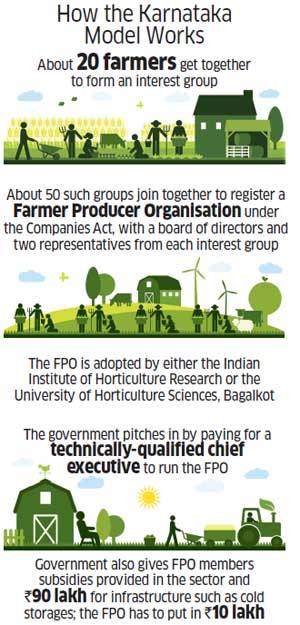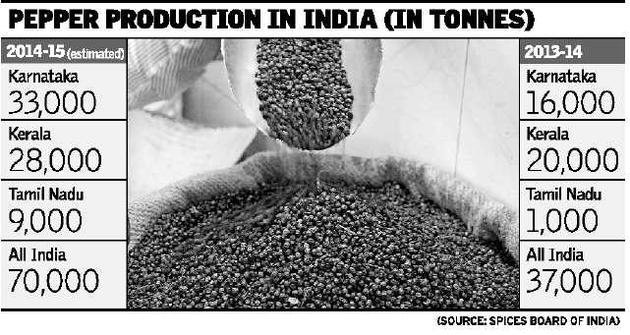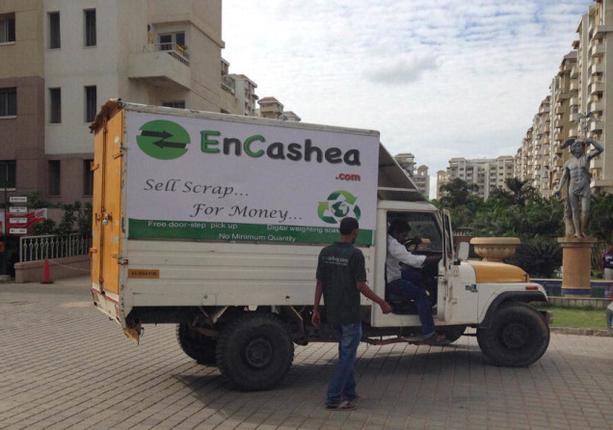by Prof. A.V. Narasimha Murthy, former Head, Department of Ancient History & Archaeology, University of Mysore
Nanjangud is famous for two reasons: The first and the most important one is the temple of Najundeshwara who gulped poison to save humanity. Hundreds of visitors throng this temple to worship and hence it is one of the most prosperous temples in Karnataka. The second reason is that it is the place of the famous B.V. Pandith whose salt and sweet toothpowder, Soubhagya Shunti and Kasturi pills were famous all over Karnataka. In addition, we may add gulkan, a preparation of rose petals soaked in sugar syrup. In fact, B.V. Pandith grew roses in vast lands in Nanjangud for this purpose.
Such a family has produced illustrious persons who are now serving in different professions in Karnataka. One such person whom I had the good fortune to meet was K.R. Mohan Kumar (Kunigal Ramaswamy Mohan Kumar), the present Chairman of Mysuru Urban Development Authority (MUDA). I had an occasion to talk to him and found his views interesting and I am writing them here for the benefit of the readers.
Mohan Kumar is the son of Kunigal Ramaswamy and Jayalakshamma, a pious couple. It is by accident that he joined politics. In fact, none of his forefathers had even thought of it as a profession. However, from his early days he had an inclination to join politics as he was influenced by Indira Gandhi.
Hejjige Linganna, who was an MLA, recognised his merit and made him Party General Secretary. After two years, he came under the influence of V. Sreenivasa Prasad, who is now a Minister. Mohan Kumar took up the responsibility as the chief of his election campaign. Though he was admired by the members of the party for his useful leadership in Youth Congress, he was not given the ticket to contest the elections. Perhaps to compensate this injustice, he was made the Chairman of Dryland Development Board and in that capacity he did an admirable job. Everybody, who mattered, appreciated his hard work but did not give him a position on the pretext that he was too young. But nobody could prevent him from becoming the KPCC member and Executive member. They wanted to make him Director of Canara Bank and Mohan Kumar politely declined it.
Again a proposal for making him an MLC came up but it was felt that it was meant for a Scheduled Caste candidate and it becomes difficult if an upper caste person is given this coveted post. He met Narasimha Rao, Indira Gandhi and Rajiv Gandhi and all of them sang the same tune that ‘You are too young, please wait till you get your chance.’ Mohan Kumar, being a native of Nanjangud, wanted to contest from that place only but he was told that Nanjangud is a Constituency where a Brahmin cannot win.
Now he has got an opportunity of serving the society by becoming the Chairman of MUDA. It was originally called City Improvement Trust Board (CITB) and was started in 1904 by Nalwadi Krishnaraja Wadiyar. It became MUDA in 1988. Mohan Kumar felt that this is a good opportunity to serve the poorer section of the society by providing them a site to build a house of their own.
After he became MUDA Chairman, he planned the activities for his tenure. On realising that people with huge amounts of money purchased lands in bulk from villagers at a paltry price, developed sites and sold them at exorbitant rates, he thought ‘Why not the Government do it’ and immediately swung into action. He developed Ballahalli Layout of 485 acres with 6,150 sites and as per the Court directions, began distributing them to 1,30,000 applicants. He also introduced Group Housing Scheme where people should live there for ten years and should have seniority.
Out of turn allotment would be done only in exceptional deserving cases as approved by the Committee.
The case of CA sites is another vexed problem. They get the allotment made by influence but have no resources to construct buildings and after years of neglect they become a burden. These sites are allotted for schools, colleges, temples, mosques, etc. Mohan Kumar has promised to wait for years and if it is not used for the purpose for which it was allotted, it will be taken back. This caution has made many organisations to pool resources and take up construction.
Khata is a big problem and people have to walk to the offices hundred times without any tangible results. Literally people used to curse the MUDA. The middlemen used to take advantage of this situation and extracted large amount of money from people. Realising this MUDA introduced e-Khata. Even 300 Khatas were not being finalised then; now it has jumped to about 3,000 a month and people are happy and this has practically ended the bribery. The computer system has made the allotment of Khata, sites etc., highly transparent. Officers cannot keep anything pending when all the rules and regulations are followed in allotment. This has made the officers alert. He requests people to meet him directly and bring to his notice any delay or irregularity which he promises to rectify.
It is gratifying to note that MUDA is not just an allotting body but an organisation to care for the development of the city, which Mohan Kumar is determined to do.
It is not possible to describe all his achievements in this article. As an elderly person I hope Mohan Kumar will see new heights in his career and do more service to Mysuru in particular and Karnataka in general.
source: http://www.starofmysore.com / Star of Mysore / Home> Feature Articles / Saturday – December 05th, 2015






